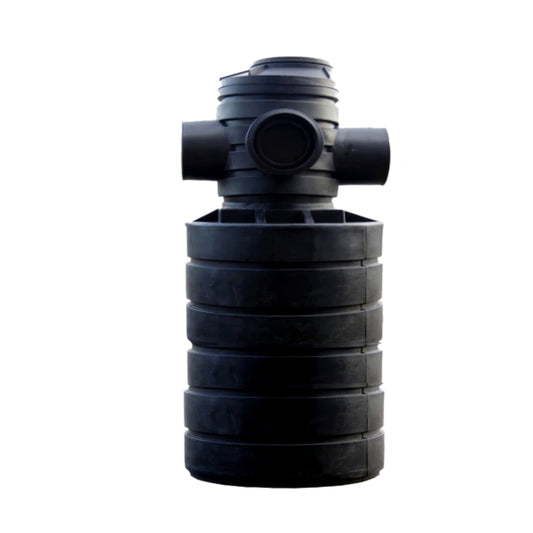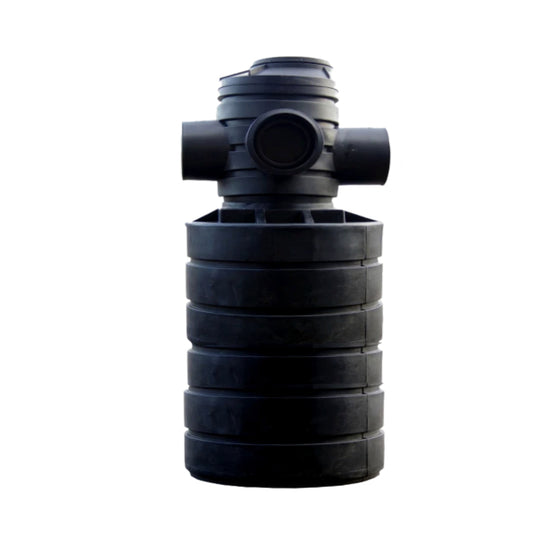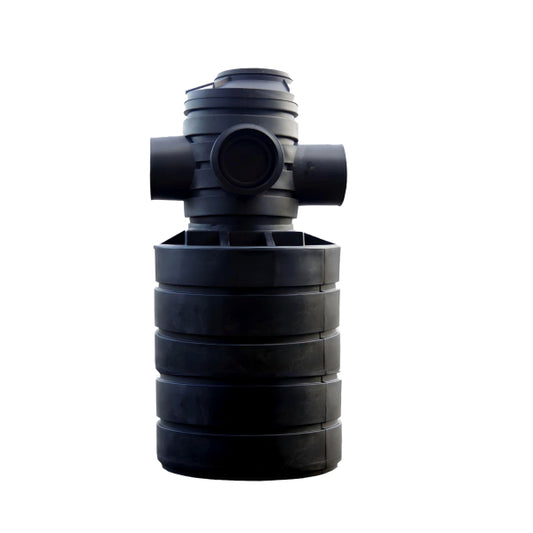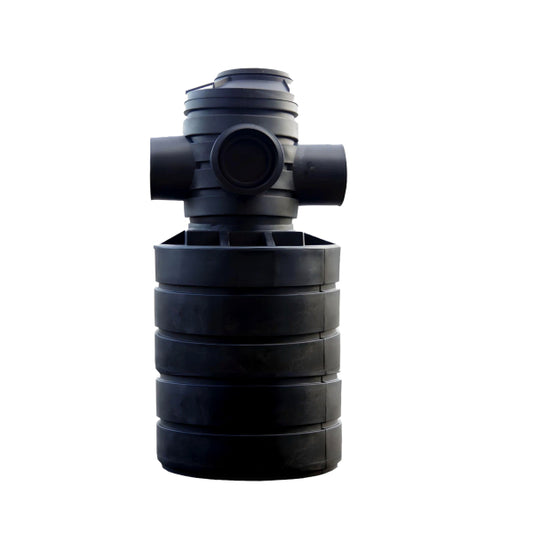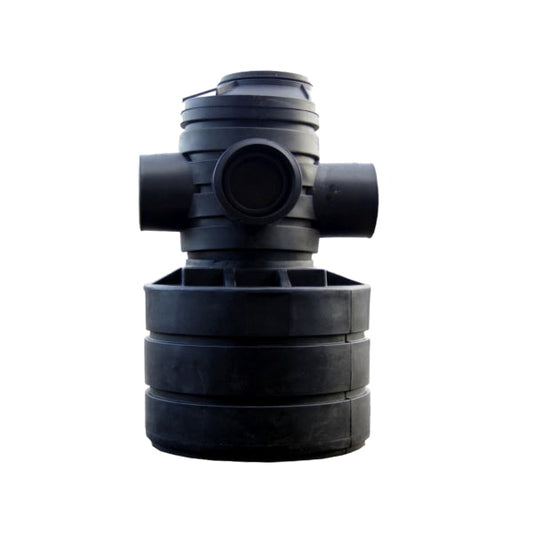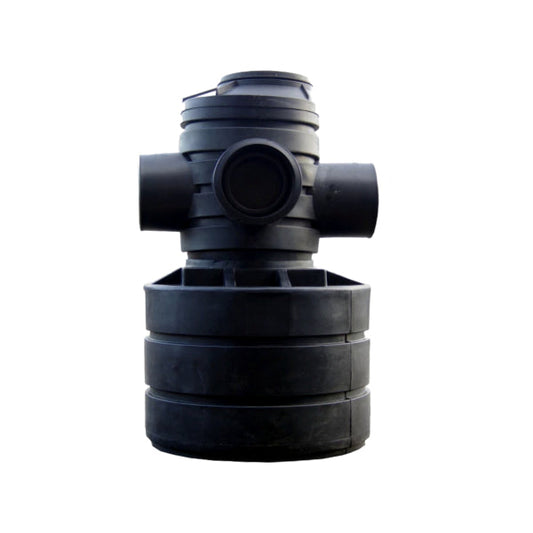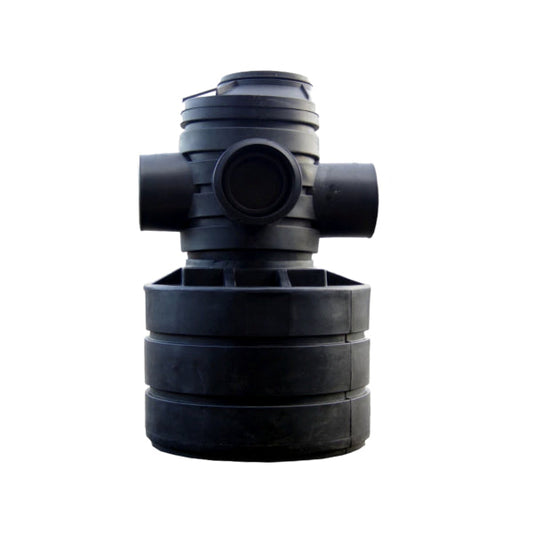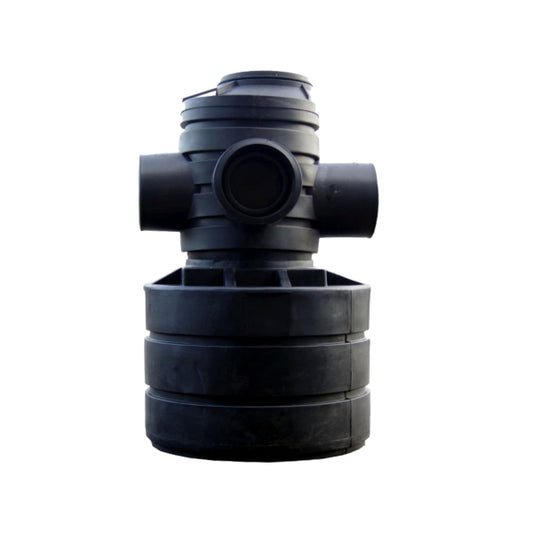Frequently Asked Questions
What is the purpose of a bypass fuel and oil separator?
A bypass fuel and oil separator is designed to treat water runoff from hard surfaces, filtering out harmful hydrocarbons like oil and fuel.
These systems are particularly useful in areas with a lower risk of heavy contamination, such as car parks and roads. By capturing and filtering out pollutants, bypass separators help protect the environment and prevent contaminants from entering drainage systems.
For more information on selecting the right separator for your site, contact Cotterill Civils today.
How does a bypass separator differ from a full retention separator?
Bypass separators only treat the initial runoff from rainfall, which typically contains the highest concentration of contaminants.
In contrast, full retention separators treat all the water runoff. Bypass separators are more cost-effective for sites where there is a low risk of oil contamination, making them ideal for car parks and light industrial areas.
If you're unsure which system suits your needs, get in touch with Cotterill Civils for expert advice and recommendations.
Where should I install a bypass fuel and oil separator?
Bypass fuel and oil separators are ideal for installation in areas where oil contamination is less frequent, such as car parks, minor roads, and hardstanding areas.
These systems help to capture hydrocarbons in the most polluted water, ensuring that you comply with environmental regulations.
For guidance on installation and selecting the best separator for your project, reach out to the team at Cotterill Civils today.
What are the maintenance requirements for bypass fuel and oil separators?
Regular maintenance is crucial to ensure that bypass fuel and oil separators function efficiently.
This typically involves inspecting and cleaning the system to remove any accumulated hydrocarbons and debris. Periodic checks will help to maintain the system’s performance and extend its lifespan.
For detailed advice on maintaining your separator, contact Cotterill Civils' expert team, who can offer support and maintenance solutions tailored to your requirements.






